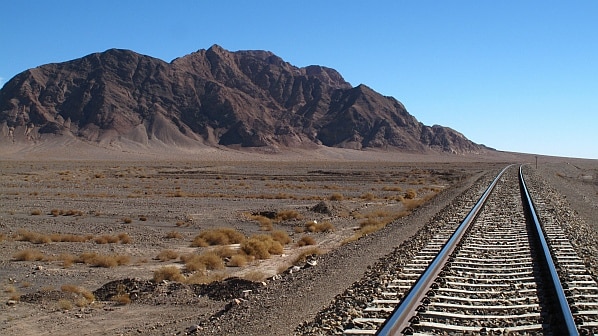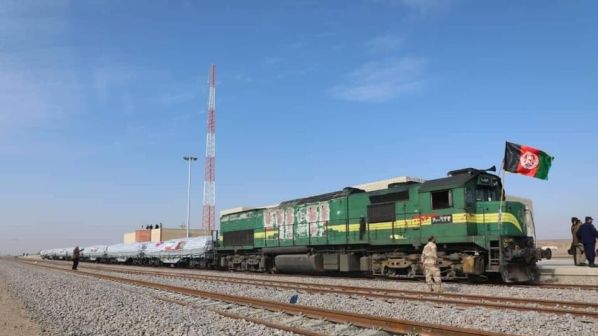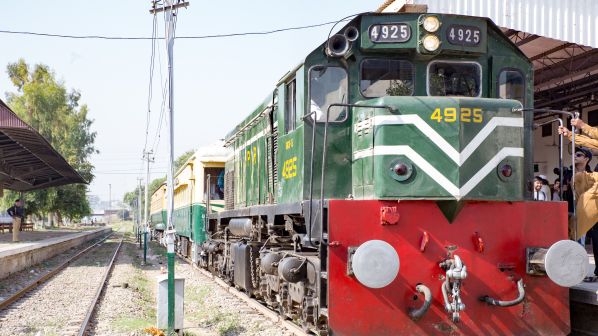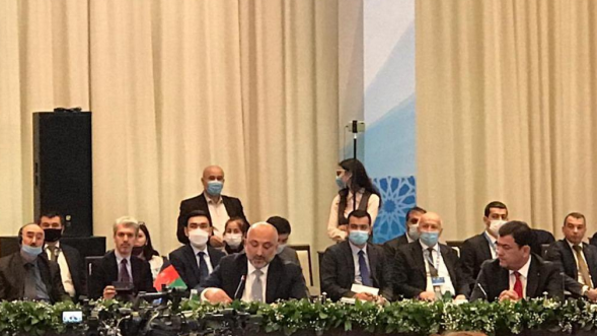THE governments of Uzbekistan, Afghanistan and Pakistan have signed a joint protocol setting out their intention to build the 760km UAP Railway connecting the three countries.
The 760km line would run from Termiz in Uzbekistan, via Mazar-e-Sharif and Logar in Afghanistan, to the border crossing at Kharlachi in the Kurram district of Pakistan.
The route was finalised during a meeting of the trilateral UAP Railway working group held in Pakistan’s capital, Islamabad, on July 17. This was the second meeting of the working group since January.
The Pakistan delegation to the working group was led by Pakistan Railways (PR) chairman, Mr Syed Mazhar Ali Shah. The Afghan delegation was led by Mr Alhaj Bakhtulrehman Sharaft, director general of Afghanistan Railways Authority, while Mr Davron Dekhkanov, head of the Transport Department at the Ministry of Investment, Industry and Trade, represented Uzbekistan.
The three countries have also agreed a to conduct technical studies, examine potential funding sources, and undertake other key tasks to secure the early implementation of the UAP Railway project.
The new railway is expected to be completed by the end of 2027 and could be carrying up to 15 million tonnes of freight a year by 2030.
Uzbekistan estimates that the new railway will reduce transit times for freight moving to Pakistan by around five days, and cut transport costs by at least 40%.
In February 2021 the three countries agreed a strategic plan to build a new 573km railway across Afghanistan to connect Central Asia with ports on the Arabian Sea, estimated to cost $US 4.8bn and running from Uzbekistan’s capital Tashkent via Kabul to Peshawar in Pakistan.
The agreement provides for conducting a joint survey of the route as well as a preliminary feasibility study.
Pakistan hopes that completion of the project would bring Central Asia closer to its population of 230 million and open up trade opportunities with countries on the Arabian Sea.
For detailed data on rail projects around the world, subscribe to IRJ Pro.




